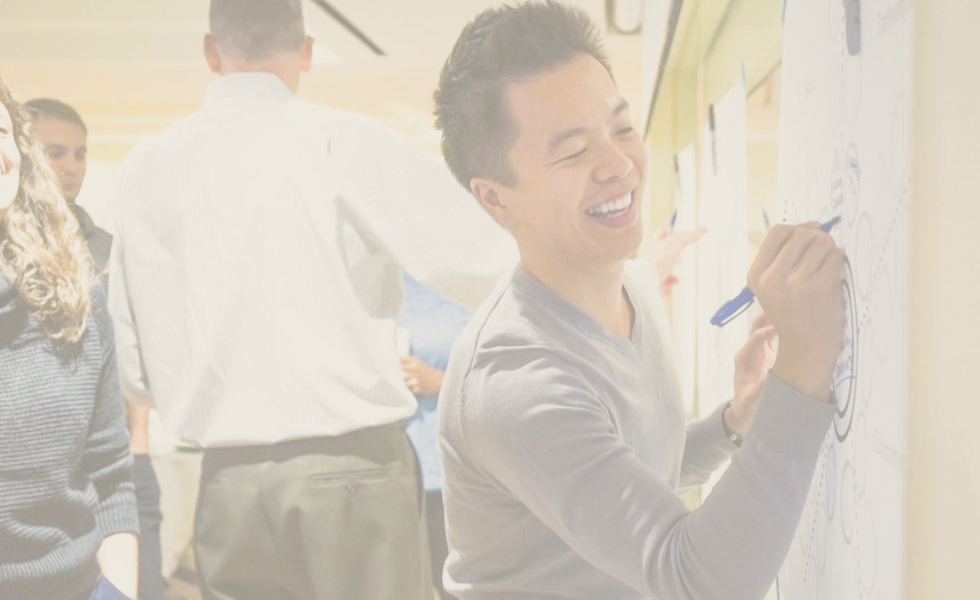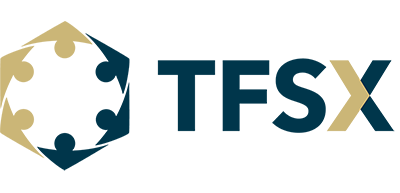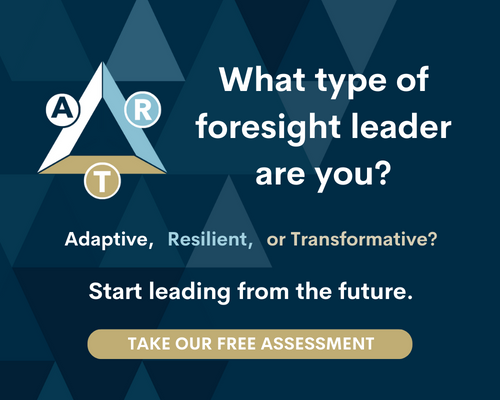What Can Strategic Foresight Do For You?

The field of Strategic Foresight was born decades ago. Traditionally, it has been relegated to academic circles and small teams within large corporations. But today, in this increasingly volatile, uncertain, complex, and ambiguous environment, it’s much more obvious that every organization, and every individual, needs foresight.
In its most basic form, Strategic Foresight gives us a framework to identify emerging trends and issues, and then use this insight to map out possible futures. These well-informed maps of the future allows us to test our current strategy, develop breakthrough innovations, and create transformative change.
So, what can Strategic Foresight do for you?
Strategy
It’s getting harder to create effective long-term strategy. Even with robust competitive intelligence, consumer insights, and trend reports informing your strategic planning, you know everything could change on a dime, rendering your entire strategy obsolete. Strategic Foresight provides greater context and amplifies each of these functions.
Building strategy based on one ephemeral trend is risky. Instead, foresight provides a more adaptive and reliable foundation for your planning efforts. You can identify emerging value shifts behind trends, the formation of larger patterns, and the collision of trends. Simply put, foresight gives you the full picture.
Innovation
When you go back to the drawing board to think up a new product, service, or solution, it often feels like you’re tethered to a post with a rubber band. The post represents what is current, familiar, and predictable. No matter how far you try to get from the post, the rubber band snaps you back to the here and now, so you end up with iterative and small-scale changes to the current solution.
Foresight works to expand your thinking and widen the realm of possibility. It forcibly stretches the rubber band (your mindset), so even if it does snap back, you land much farther away from the post than you have been. The result? You move past iteration towards truly transformative and disruptive solutions.
Change Management
Even with the right communications, training, and compensation systems in place, many change initiatives falter when they clash with company culture—a concept so esoteric and difficult to pinpoint that we’d rather just ignore it when addressing a problem. Enamored with quick-fix solutions, we attempt to benchmark our way to future success.
Foresight trains you to pay attention to underlying value systems, to navigate unspoken assumptions and biases, and to identify latent connections between seemingly disparate issues. You can use these new insights to overcome tricky company culture roadblocks and achieve long-lasting change.
Personal Development
What do you want to be when you grow up? What major will you choose in college? Where will you start your family? Somewhere along the way, we stop asking these types of questions that drive us to consider long-range possibilities for our lives. This doesn’t have to be the case.
The same foresight principles used in strategy development at corporations like Disney and Ford can apply to personal and professional pursuits. Sure, we can’t predict the future, and events will happen that inevitably derail the best laid plans. But foresight provides the agility and resilience we need to recover from setbacks, while taking advantage of obscured opportunities.

